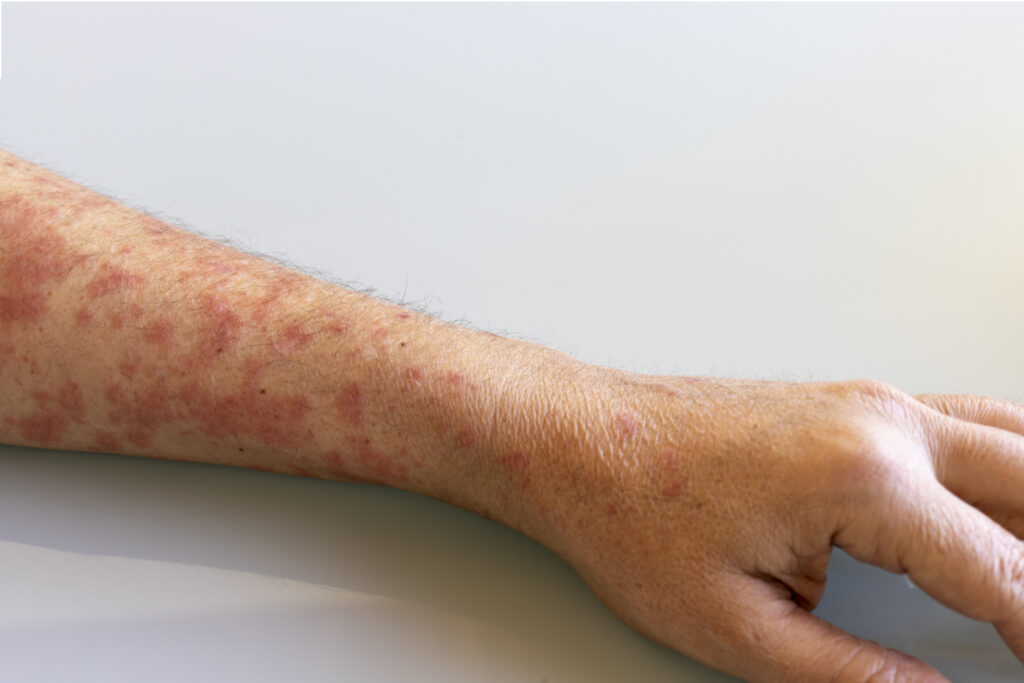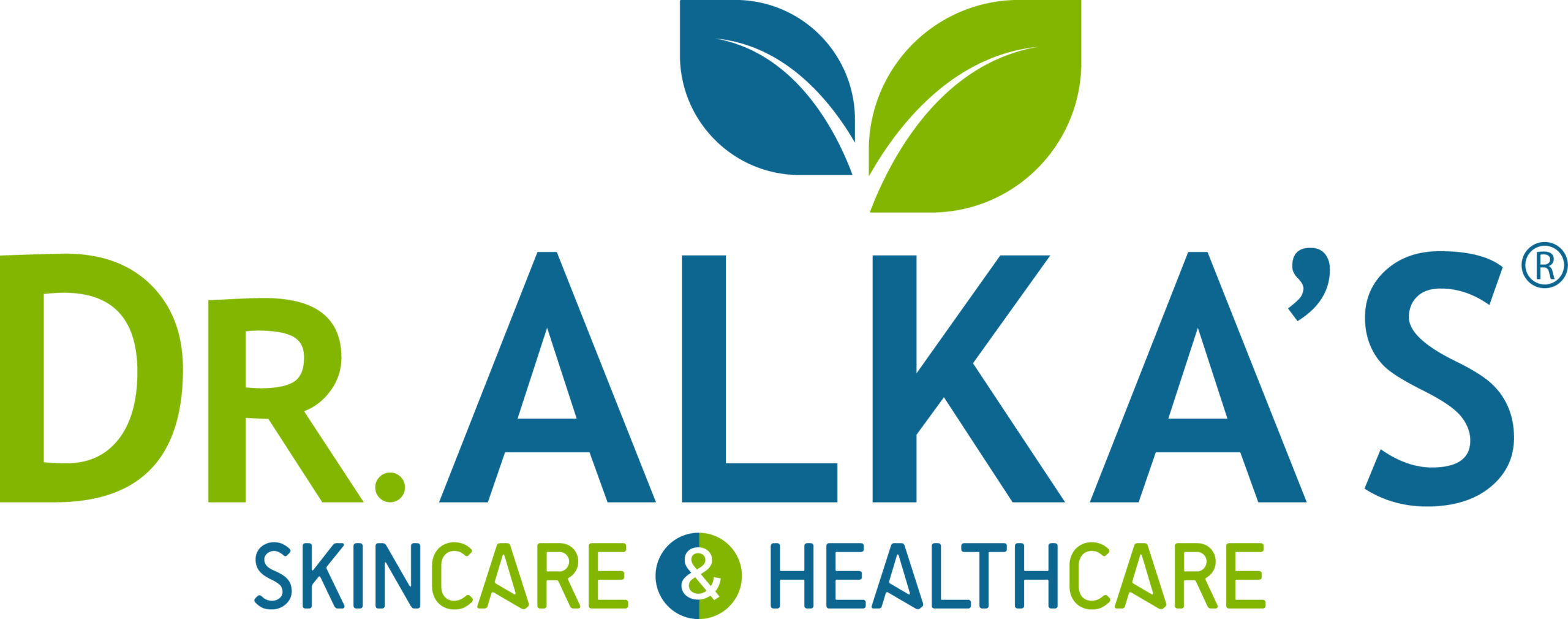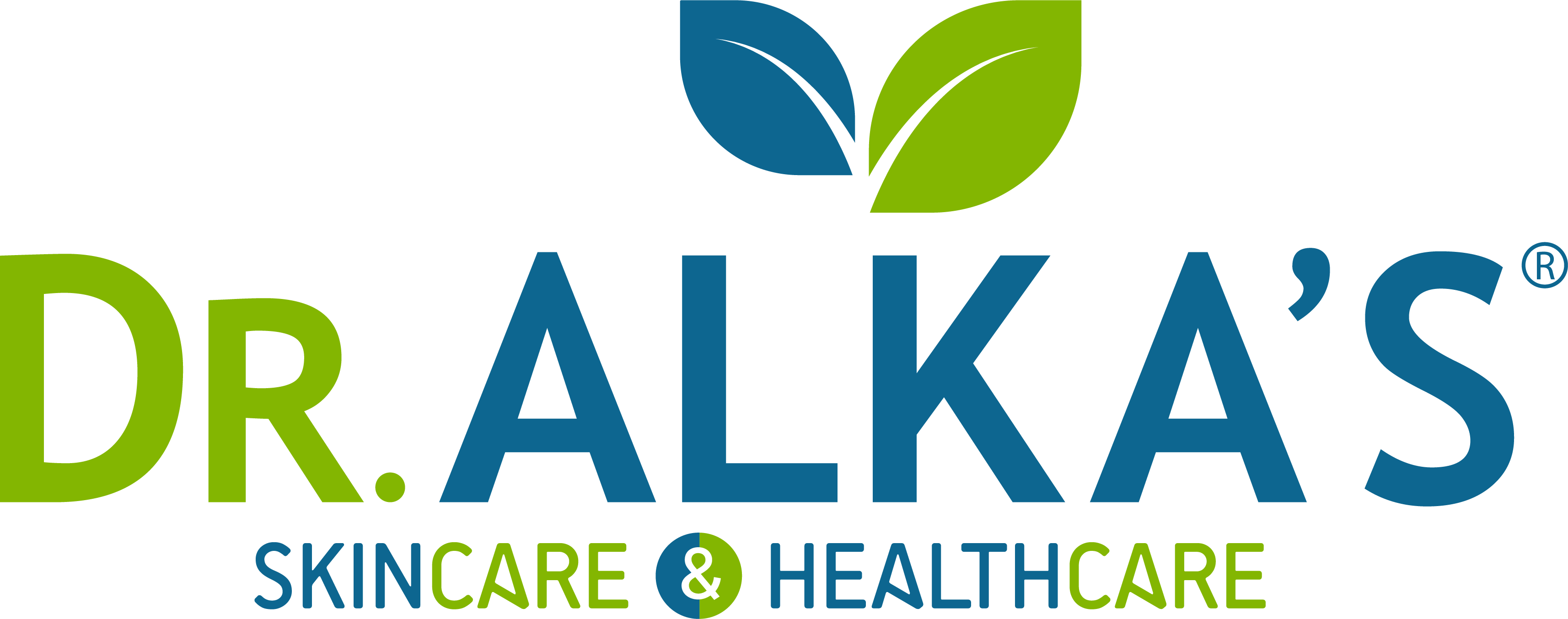Understanding Psoriasis: Causes, Symptoms, and Treatment
Psoriasis is a chronic skin condition that affects millions worldwide, characterized by red, scaly patches of skin. While it isn’t contagious, psoriasis can significantly impact a person’s quality of life, both physically and emotionally. At Dr. Alka’s clinic, we specialize in treating skin conditions, including psoriasis, and we’re here to help you understand this condition better and explore effective treatment options.
What is Psoriasis?
Psoriasis is an autoimmune disorder where skin cells multiply up to 10 times faster than normal, leading to the buildup of cells on the skin’s surface. This causes the characteristic scaly patches. The areas most commonly affected are the scalp, elbows, knees, and lower back.
What Causes Psoriasis?
The exact cause of psoriasis is still not fully understood, but it’s believed to be linked to the immune system. In people with psoriasis, T cells (a type of white blood cell) mistakenly attack healthy skin cells, causing the rapid cell turnover. Several factors can trigger or worsen psoriasis, including:
Genetics: Psoriasis tends to run in families.
Stress: Emotional stress can trigger flare-ups.
Infections: Skin infections or strep throat may trigger psoriasis.
Medications: Certain drugs, such as lithium or beta-blockers, can exacerbate the condition.
Weather: Cold, dry weather often worsens psoriasis symptoms.

Common Symptoms of Psoriasis
Psoriasis symptoms can vary, but the most common include:
Red patches of skin covered with thick, silvery scales.
Itching, burning, or soreness around affected areas.
Thickened or pitted nails in cases of nail psoriasis.
Stiff or swollen joints if psoriatic arthritis is present.
Types of Psoriasis
There are several types of psoriasis, each with distinct symptoms:
- Plaque Psoriasis: The most common form, causing raised, inflamed patches of skin.
- Guttate Psoriasis: Small, dot-like lesions often triggered by strep throat.
- Inverse Psoriasis: Occurs in skin folds, such as underarms or groin, with smooth, red lesions.
- Pustular Psoriasis: Characterized by white pustules surrounded by red skin.
- Erythrodermic Psoriasis: A severe, life-threatening form of psoriasis that causes widespread redness and shedding of the skin.
Effective Treatment Options
While there is no cure for psoriasis, treatments can help manage symptoms and reduce flare-ups. At Dr. Alka’s clinic, we provide personalized treatment plans, which may include:
Topical treatments: Corticosteroids, vitamin D analogues, and retinoids to reduce inflammation and slow down cell growth.
Phototherapy: Light therapy that involves exposure to ultraviolet (UV) light to slow skin cell production.
Systemic treatments: Oral or injected medications that target the immune system, such as biologics, which help moderate overactive immune responses.
Lifestyle Changes: Stress management techniques, moisturizing regularly, and following a healthy diet can also help in managing psoriasis.
Why Choose Dr. Alka’s Clinic for Psoriasis Treatment?
At Dr. Alka’s clinic, we understand how challenging living with psoriasis can be. Our approach combines medical expertise with a compassionate, patient-centered focus. We offer advanced treatment options tailored to each individual’s condition and needs, ensuring you get the best possible care.
Book an Appointment Today
If you’re struggling with psoriasis or want to learn more about managing your symptoms, don’t hesitate to reach out. At Dr. Alka’s clinic, we’re dedicated to helping you achieve healthier, clearer skin and a better quality of life.


